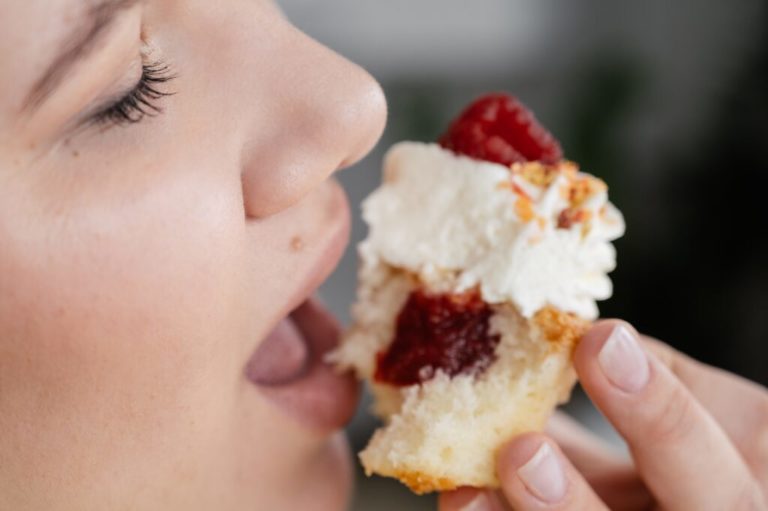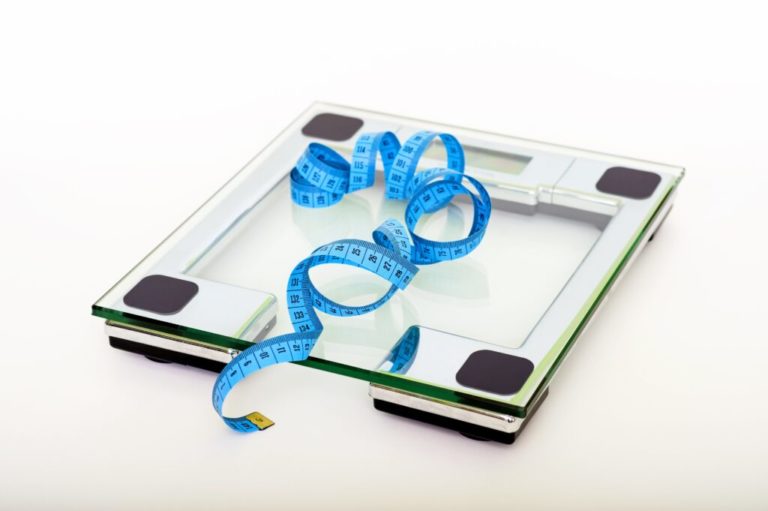

People may tend to overeat from time to time.
However, binge eating is a different matter. If you always eat a large amount of food in a brief period of time, even when you are not hungry, you’re probably binge-eating.
When you’re binge-eating. you’re also more likely to feel embarrassed or guilty about it.
Your genetics play a significant role in your diet and health, particularly your eating habits. LifeDNA has found 5 important genes that can influence your likelihood of binge-eating.
Binge-eating and overeating both include mindless activity. You eat excessively without considering why.
However, there are significant differences.
Here are some examples of overeating:
Here are some examples of binge-eating:

A variety of genes influence your likelihood of binge eating. These genes have the potential to influence brain circuits that regulate hunger and mood.
One of the genes that our geneticists have looked into is your FTO gene
Your FTO gene is also linked to other traits such as:
How quickly do you metabolize saturated fats?
Trouble feeling full? Ask your DNA.
Appetite determines how much you naturally want to eat.
The food you love to eat is heavily determined by your genetics.
Research suggests that for some people, genes account for 25% of their predisposition to be overweight/underweight, while for others, the genetic influence is as high as 70% to 80%.
Want to get personalized diet insights tailored to your DNA? Check out our nutrition report now.
Certain genetic variants may increase your likelihood of binge eating, but other factors including your lifestyle and environment can also trigger it.
Parents and families.
If you often see your parents overeat, you’re more likely to pick up these behaviors. The practices you acquire from the people around you may have an impact on your eating habits.
Anxiety and Stress.
People tend to binge eat after going through a serious, stressful situation. It is important to note that emotional eating is not always a sign of binge eating.
Depression.
Depression may increase your likelihood of binge-eating. In fact, about 50% of people who tend to binge eat are also depressed.
Excessive calorie restriction.
An attempt to shed a few pounds might sometimes result in binge eating. This is particularly true when people try to lose weight by cutting meals or consuming too little. If they don’t attain their target weight, they may feel so bad about themselves that they overeat.
If you want to lose weight, the best DNA test will help you do that based on the way your own, individual body works.

Binge-eating can lead to obesity, which is a risk factor for many diseases.
That’s why it’s important to know your genetic predisposition to binge eating in order to get the right prevention management from health care professionals.
Already taken a DNA test with 23andMe, Ancestry, MyHeritage, Living DNA, or Family Tree DNA?
Upload your DNA to get personalized insights that can help you better manage your diet. You can learn more here.
*Understanding your genetics can offer valuable insights into your well-being, but it is not deterministic. Your traits can be influenced by the complex interplay involving nature, lifestyle, family history, and others.
Our reports have not been evaluated by the Food and Drug Administration. The contents on our website and our reports are for informational purposes only, and are not intended to diagnose any medical condition, replace the advice of a healthcare professional, or provide any medical advice, diagnosis, or treatment. Consult with a healthcare professional before making any major lifestyle changes or if you have any other concerns about your results. The testimonials featured may have used more than one LifeDNA or LifeDNA vendors’ product or reports.


